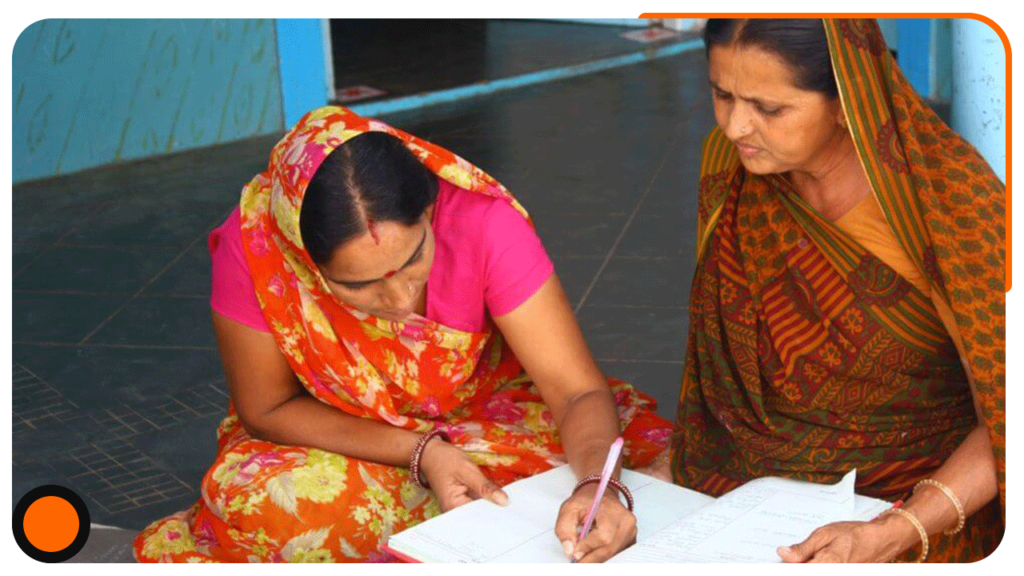Unltd India
Assessment study tracing impacts of social incubation at individual, organisational and societal levels.
Partner/Client
Unltd India
Sector
NGO/Corporate Foundation
Location
Maharashtra, New Delhi, Telangana, Karnataka, Uttar Pradesh, Tamil Nadu
KEY HIGHLIGHTS
- At the individual level: leadership and management skills along with enhanced networks, were noted as most significant by entrepreneurs.
- At the organisation level: marketing, legal and human resource processes observed positive improvements.
- At the sectorial level: increase in scale of operations and quality of programs emerged as positive outcomes
Analytical impact assessment framework and study for Unltd India’s skilling portfolio organisations
UnLtd India partnered with J.P. Morgan to launch an initiative to find and support entrepreneurs, working in the skilling and employability space.
Entrepreneurs received support with seed funding, personalised coaching, access to mentors and networks, technical input workshops, access to follow-on funding, leadership retreats, and peer learning opportunities. In terms of institutional capacities, social impact, and sustainability, UnLtd India sought the following insights:
- Useful data on performance
- Important factors that aid or impede the achievement of intended results
- Outcomes of incubates after participation in the programme
4th Wheel designed a study to understand the multiple levels of impact created by UnLtd. India.
RESEARCH TOOLS
01. Online Survey
02. Field Visits and In-person interviews.
03. Comparative Review
APPROACH
The inputs (incubation support) were matched to estimated outputs and outcomes. Outcomes to measure impact on entrepreneurs were organized under different heads:
- Individual
- Organizational
- Sectoral
The study followed a non-experimental design of a pre-post comparison of self-reported scores of entrepreneurs on the three levels of impact outcomes. Impact variables were cross-tabulated with core indicators such as gender, age, company size, education, and work experience to understand possible correlations.
The paired sample two-tailed t-test was used to check if the difference in the scores was statistically significant. Qualitative data was recorded, protocolled, and transcribed systematically. MaxQDA, a qualitative data analysis software, was used for coding the qualitative data.

